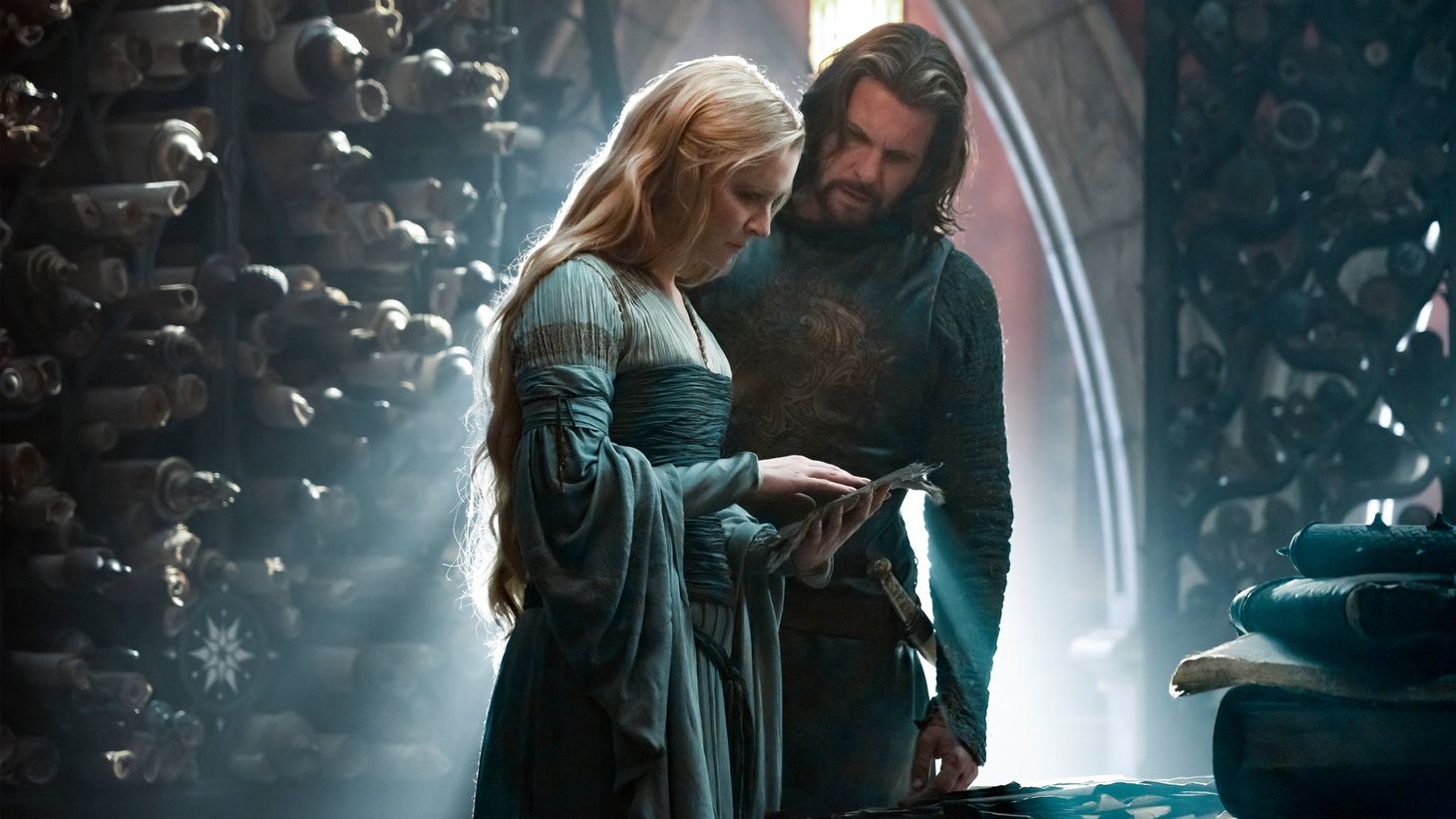Culture Wars Come To Middle Earth

In Your Favorite Pop Culture Has Just Gone “Woke.” Now What? by Jason Morehead, the author examines some perceived changes brought to Middle Earth mythology by the new Amazon Prime series Lord of the Rings: Rings of Power. If you've come across any of the common objections to the show, this is a really helpful piece to read. I mention this in large part because Morehead has a good grasp of the material being examined and brings an informed view to the debate. In discussions over nerdery and pop culture, familiarity with the source material and thus, understanding of authorial intent, generally wins the day.
Morehead knows a lot more than I do about the universe in which the new series is set, so I appreciate getting that perspective, just as one might value learning from a tenured professor on a given subject. Here's an example where that knowledge matters in the debate over changing norms and their effect on artifacts in popular culture: Blogger and Pastor Tim Challies, himself a big fan of Tolkien's work, analyzes the new series from that perspective. Challies has a built-in suspicion about the creators of the show and how they might graft contemporary values onto their vision of the world that Tolkien created (and thus diminish the effectiveness of the new material).
Part of the beauty and attraction of The Lord of the Rings is that it is set in a universe in which the mythology, lands, and races are fantasy, but in which the morality rings with familiarity. It is a universe that delights us with its imaginative differences and yet challenges us with its moral similarities. Any Christian, and indeed, anyone familiar with the modern Western world, will recognize that Tolkien’s understanding of morality was shaped by Scripture.
Challies concern is that those continuing the stories constructed in that universe, who won't have the same grounding in Scripture that Challies values, will not possess the same intentions as Tolkien. Ultimately, though, some of his concerns ring hollow, and this is where Morehead's piece comes in. Challies expresses his suspicions about how the character of Galadriel is portrayed. Is she made out to be a strong warrior because that is what the broader contemporary culture dictates?
I think the reimagining of Galadriel achieves the opposite effect the writers presumably desired—it makes her a weaker character rather than a stronger one. Why? Because instead of succeeding as a woman (as she does so well in the books and films) she now seems to need to succeed on the terms of a man. In order to be “strong,” she has to be physically strong—stronger and bolder and fiercer even than the men around her. It is my understanding that Tolkien’s vision for female elves may have included them being warriors, but I expect he would still have wanted them to ultimately succeed on female terms rather than male ones. So far it seems like in this show the women will act like men and the men will act like children.
Morehead reframes the debate by focusing back on the source material from which the show is derived.
Oh, and if you don’t like young warrior Galadriel, then keep in mind that before she was called Galadriel, one of her names was Nerwen, or “man-maiden,” due to her height and strength. Furthermore, Tolkien’s writings include several examples of her engaged in some form of combat.
After reading the explanation, it becomes obvious that superior knowledge of Tolkien's universe helps to understand the new series and put the decisions about the show's characters in the proper context. Morehead also tackles the criticisms about bringing a more racially diverse set of actors to the series.
It’s a blessing when somebody who has experienced any level of marginalization in their life finds something that makes them feel like they belong — something that most, if not all, nerds can identify with. We were drawn to these worlds, be it Middle-earth, the Federation, or whatever, because we felt at peace there in a way we didn’t elsewhere. As a result, these properties allow us to find common ground. Their themes and storylines can draw us together in wonder, imagination, and excitement that transcend the divisions that too often plague real life.
His analysis of the greater impact that the casting choices may have on those who might not have felt the same sense of belonging in what is, ultimately, a fantasy world, feels spot on. I'm excited by the cast (who do a wonderful job bringing the series to life). I'm also impressed by the attempt to make this world accessible to everyone who might need a diversion from what is going on around us in real life. It is my hope that people won't be swayed by some of the critiques about the show and will check it out for themselves.
Treasure Hoard
Join the newsletter to receive posts in your inbox.




